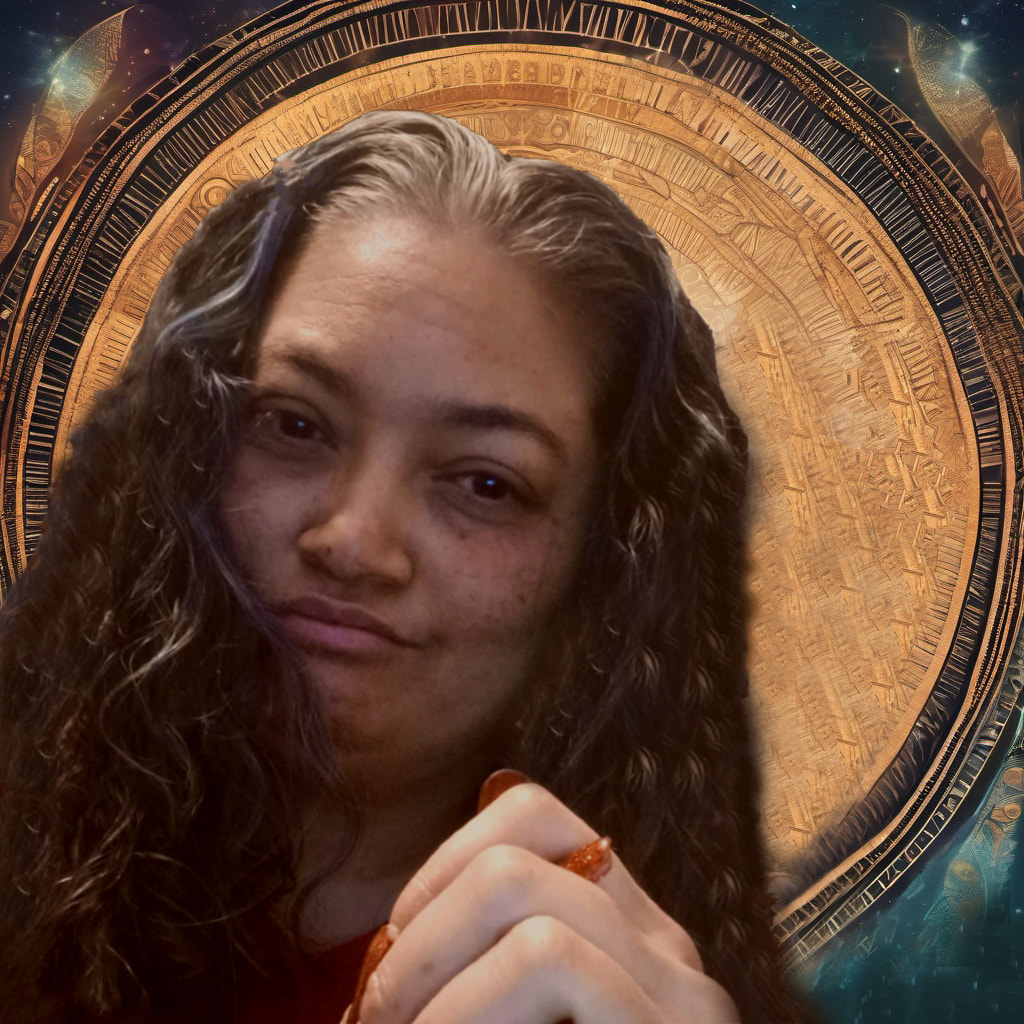|
by Joshua Packard, Fullness of Happy 
Recently, I finished reading a nonfiction book called “The Philosophy of Tolkien” by Dr. Peter Kreeft. I highly recommend reading this book for anyone who is interested in Tolkien's Lord of the Rings and other Middle-Earth novels and stories. Kreeft digs through the writings and letters of J.R.R. Tolkien and correspondence between him and his good friend C.S. Lewis of “Chronicles of Narnia” fame to demonstrate the very rich worldview and philosophy that fueled the creation of Middle-Earth and his fantasy stories. Kreeft discusses such questions as to God's existence, the existence and nature of angels, what is beauty, the meaning of death, romance and love, knowledge, history, language, politics, and ethics.
I started reading this book over a year ago and got bored for some reason. I picked it back up a couple of weeks ago and couldn't put it down. Perhaps this is because I left off on the parts where Kreeft discussed two of my favorite ideas: Predestination and Providence. I recommend especially the chapter in which Kreeft discusses Tolkien's take on ethics, especially the battle between good and evil which Tolkien dramatized in his novels. I want to highly recommend this book, though I feel inadequate to the task of doing the book justice in this review. But I want to insert here a quote about the battle between good and evil which I thought highly uplifting and inspiring: “Good and evil are not equally powerful, because they are not equally real—even though evil appears not only equal to good but even stronger than good (“I am Gandalf, Gandalf the White, but Black is mightier still”). But appearance and reality do not coincide here, and in the end evil will always reveal its inevitable self-destruction (although often after a terrible price is paid: e.g. Napoleon, Hitler, Stalin). The self-destruction of evil is not just something to believe in and hope for, but to be certain of. It is metaphysically necessary, necessary because the very kind of being evil has by its unchangeable essence. For evil can only be a parasite on good. It depends on a good host for it to pervert. “Nothing is evil in the beginning” or by nature. Morgoth was one of the Ainur, Sauron was a Maia, Saruman was the head of Gandalf's order of Wizards, the Orcs were Elves, the Ringwraiths were great Men, and Gollum was a Hobbit. And whenever a parasite succeeds in killing its host, it also kills itself. So if evil succeeds, it fails; it commits suicide.” I recommend this book highly. There are so many gems in the form of quotes from Tolkien's letters and correspondence with others such as C.S. Lewis, and I hope you will find more enjoyment in Tolkien's epic saga the Lord of the Rings after reading this book. "The Philosophy of Tolkien" can be purchased on Amazon here. Content Manifested by Intent-sive Nature by Brand Shamans. Brand Shamans Content Community LLC helps save the web from crap content daily! Experience a powerful, impactful brand boost NOW with any of our appropriately matched ✨Content & Brand Elevation Services✨ .
0 Comments
Your comment will be posted after it is approved.
Leave a Reply. |
Book News, Reviews, & Info
Archives
November 2018
Categories
All
|
- Brand Shamans
- Brand Healing
- Inner Healing
-
INTENT-SIVE NATURE
- Content & Brand Elevation
- Healing Jewelry & Talismans
- Bath, Beauty, & Self-Care
- Healing Sessions
- Rituals, Herbs, & Altar Supplies
- Gawwwdess Baby Boutique
- Soul Flame Gifts
- Yoga & Meditation
- Books & Media
- Education & Homeschool Resources
- Home, RV, & Decor
- Clothing
- Pets
- Custom Orders
- Monthly Subscription Boxes
- October Festivals
- FLOW-Key Parenting
- About & Contact
- RV, Nature, & Travel Shamans
- Souls Within
- Life & Home
- Heart 'N Mind Homeschool
- The Homeschooling Mommy
- Books & Authors
- Speak Up!
- Pawsitive Pet Parenting
- Manifesterz
- Gifts In Minutes
- Brand Shamans
- Brand Healing
- Inner Healing
-
INTENT-SIVE NATURE
- Content & Brand Elevation
- Healing Jewelry & Talismans
- Bath, Beauty, & Self-Care
- Healing Sessions
- Rituals, Herbs, & Altar Supplies
- Gawwwdess Baby Boutique
- Soul Flame Gifts
- Yoga & Meditation
- Books & Media
- Education & Homeschool Resources
- Home, RV, & Decor
- Clothing
- Pets
- Custom Orders
- Monthly Subscription Boxes
- October Festivals
- FLOW-Key Parenting
- About & Contact
- RV, Nature, & Travel Shamans
- Souls Within
- Life & Home
- Heart 'N Mind Homeschool
- The Homeschooling Mommy
- Books & Authors
- Speak Up!
- Pawsitive Pet Parenting
- Manifesterz
- Gifts In Minutes

 RSS Feed
RSS Feed




